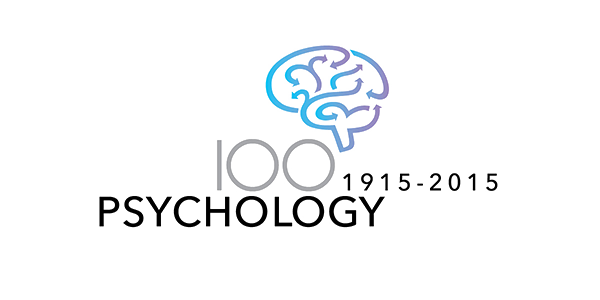Post Docs, Research Scientists and Special Faculty
Jon Fincham
Research Psychologist
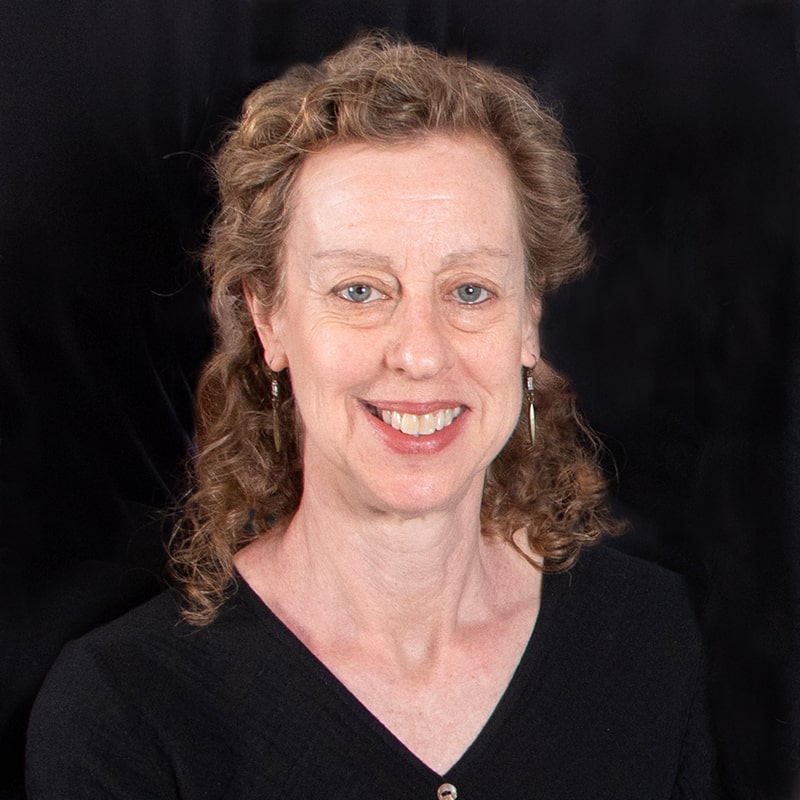
Davida Fromm
Special Faculty Researcher
Bio
I am interested in how speech, language, and communication skills are affected by neurological impairments such as stroke and dementia. Working with Brian MacWhinney, I am involved in creating shared databases for research in these and other related areas. Using and improving computer-based tools for language transcription and analysis is also a big focus of my work.

Timothy Keller
Senior Research Psychologist
Bio
Senior Research Associate with expertise in fMRI. He is working on all of the fMRI projects. He has just the right computational skills to deal with the intensive data processing associated with fMRI data, as well as neuroanatomical knowledge for data interpretation. His substantive interests are in working memory, language, and spatial thinking. His Ph.D. is from the University of Missouri. He was previously an NIMH Post-Doctoral Fellow for two years.
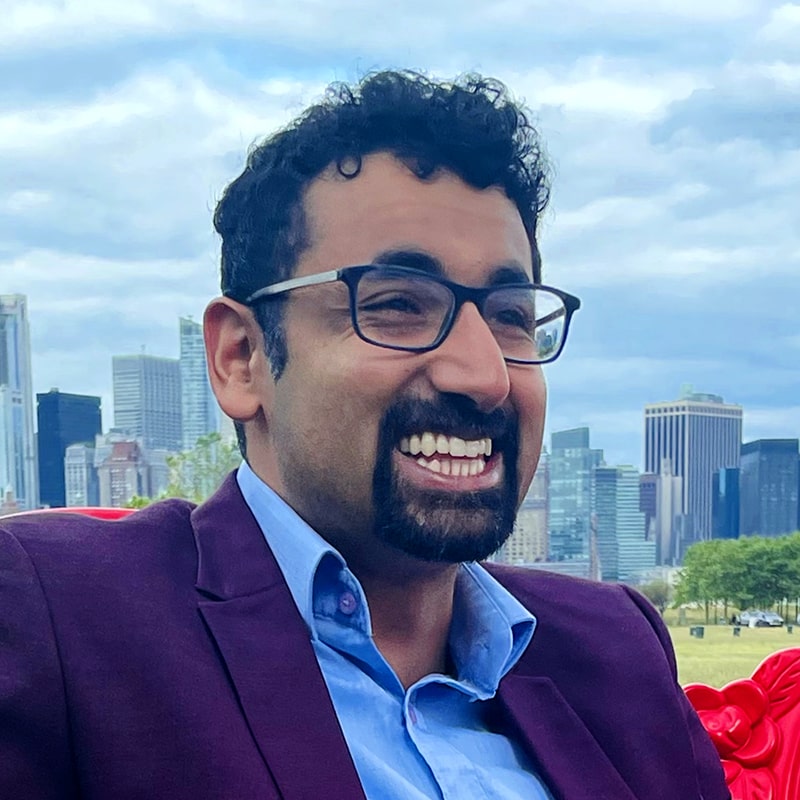
Sahil Luthra
Postdoctoral Fellow
4825 Frew St
Baker Hall 342C
Pittsburgh, PA 15213
Bio
Sahil is a postdoctoral researcher in the Lab in Multisensory Neuroscience (PI: Shinn-Cunningham) funded by a National Research Service Award (NRSA) postdoctoral fellowship from the NIH. He received his Ph.D. in Psychological Sciences from the University of Connecticut in 2021. Sahil’s research primarily focuses on the interface between language (especially speech) and cognition, motivated by the philosophy that the study of language can provide insight into the mechanisms underlying cognition and vice versa. Outside of the lab, Sahil enjoys books, baking and boxing, as well as things that don’t start with the letter B.
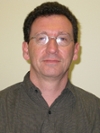
Christian Lebiere
Research Psychologist
Bio

Robert Mason
Senior Research Associate
Bio
My current research explores the cognitive and neural mechanisms through which scientific concepts are learned. I also developed a multiple cortical network theory of discourse processing with colleagues at the Center for Cognitive Brain Imaging (CCBI). My broader research program focuses on the interaction of learning, language and the brain during the instructional process. I use functional Magnetic Resonance Imaging (fMRI) and repetitive Transcranial Magnetic Stimulation (rTMS) to study cortical networks that subserve reading and learning. I have studied these networks in English speakers, bilinguals and individuals with autism. My Ph.D. is from the University of Massachusetts at Amherst and I previously worked at the Learning Research & Development Center at the University of Pittsburgh.
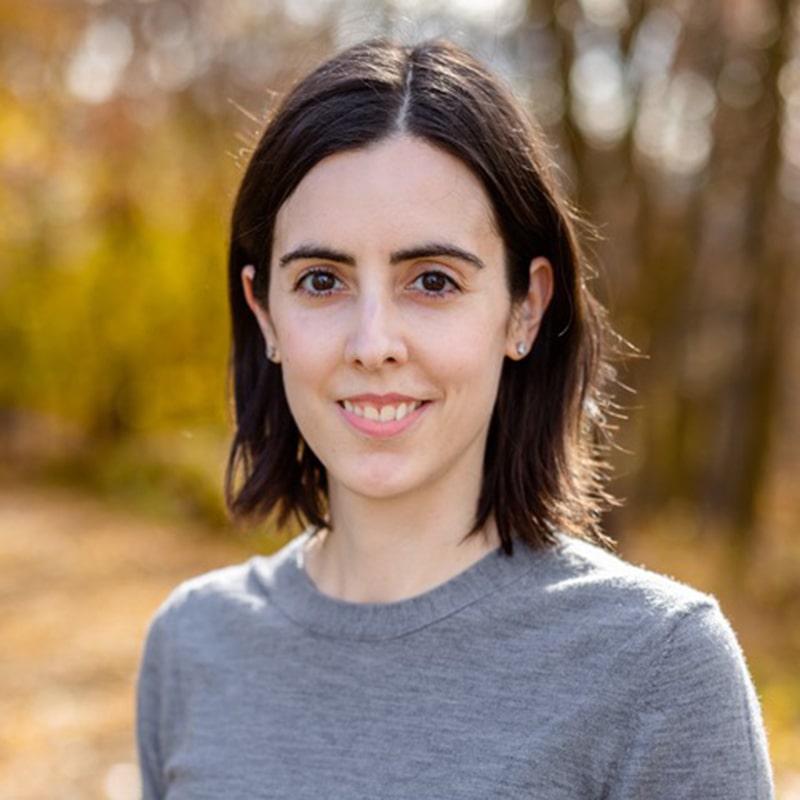
Catarina Vales
Special Faculty Researcher and Research Director, CMU Children's (Laboratory) School
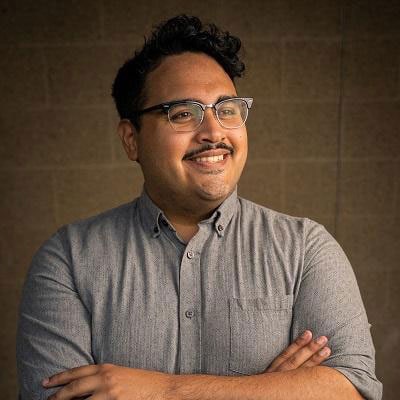
Roberto Vargas
Postdoctoral Fellow
- BPH 436D
4825 Frew St
Baker Hall 342C
Pittsburgh, PA 15213
Bio
My current research examines how people think about, discuss, and engage with their social world across behavioral, ecological, and neural levels. Moreover, I am interested in how these thoughts of the social world provide an ecologically valid foundation for understanding the cognitive mechanisms underlying conceptual association at the individual and group level.
Specifically, I am interested in how peoples' thoughts and feelings (i.e., conceptual associations) involving their societal environment (e.g., healthcare, voting) and social groups within that environment (e.g., race, gender, social economic status) influence their decision to engage with services their society provides and their treatment of people of differing social identities.
The fundamental goal of this body of research aims to identify data-driven patterns of thinking and behavior to illuminate societally systemic and neural mechanisms that contribute to social thought, conceptual associations, and decision making.
I am currently a Presidential Postdoctoral Fellow (2022-2023 cohort) working with both the Cognitive Axon Lab (CoAx) and the Data Driven Diversity Lab (D3) and have served on the Psychology departmental Diversity & Inclusion board as well as co-founded the Diverse Recruitment committee to spearhead college-wide graduate recruitment efforts from underrepresented groups.
